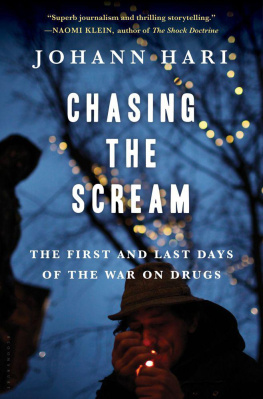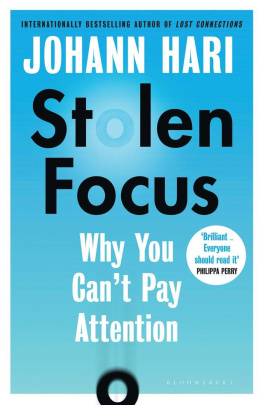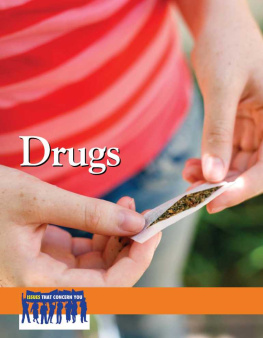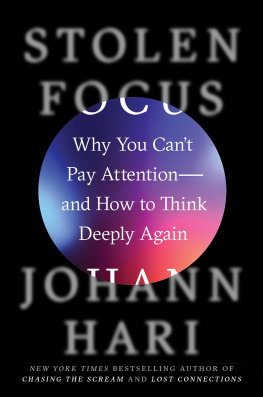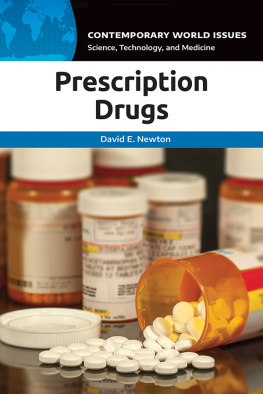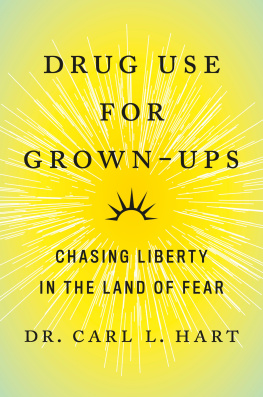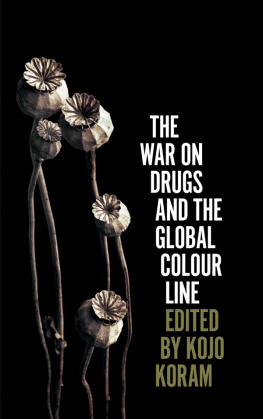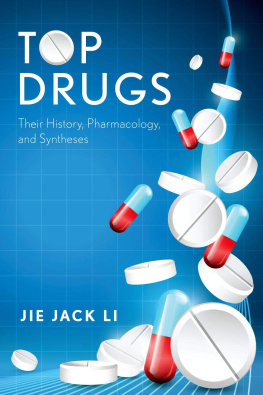
For Josh, Aaron, Ben, and Erin
Note: The audio of the quotes from this book that were spoken directly to the author can be heard in full at www.chasingthescream.comyou can follow along there and hear the voices of all the people from the book while you read.
Contents
Almost one hundred years I am not narcoleptic. Many years before, I had read that if you take them, you can write in long manic weeks without pause and without rest, and it workedI was wired.
All this felt like home to me. One of my earliest memories is of trying to wake one of my relatives from a drugged slump, and not being able to. Ever since, I have been oddly drawn to addicts and recovering addictsthey feel like my tribe, my group, my people. But now, for the first time, I was beginning to wonder if I had become an addict myself. My long drugged writing binges would stop only when I collapsed with exhaustion, and I wouldnt be able to wake for days. I realized one morning that I must have been starting to look a little like the relative I had been trying to wake up, all those years before.
I had been taught how to respondby my government, and by my culturewhen you find yourself in this situation. It is with a war. We all know the script: it is etched onto your subconscious, like the correct direction to look when you cross the street. Treat drug users and addicts as criminals. Repress them. Shame them. Coerce them into stopping. This is the prevailing view in almost every country in the world. For years, I had been publicly arguing against this strategy. I wrote newspaper articles and appeared on television to argue that punishing and shaming drug users only makes them worseand creates a blizzard of other problems for the society. I argued instead for a second strategylegalize drugs stage by stage, and use the money we currently spend on punishing addicts to fund compassionate care instead.
But as I stared at these people I loved through my own drugged glaze, a small part of me wondered if I really meant what I had been saying. The voices in my mind were like a howling drill sergeant in an old Vietnam War movie, shrieking abuse at the recruits. You are an idiot to do this. This is shameful. You are a fool for not stopping. Somebody should prevent you. You should be punished.
So even as I criticized the drug war with my words, I was often waging it in my head. I cant say I was evenly dividedmy rational mind always favored reformbut this internal conflict wouldnt stop.
I had been looking for a way out of this chemical-stained stalemate for yearsand then one morning, a thought came to me. You and the people you love are just tiny smudges on a much larger canvas. If you stay where you arefocused only on the shape of your own little smudges, this year like last year and the year beforeyou will never understand more than you do now. But what if you found a way to step back and look, for once, at the entire painting?
I scribbled down some questions that had puzzled me for years. Why did the drug war start, and why does it continue? Why can some people use drugs without any problems, while others cant? What really causes addiction? What happens if you choose a radically different policy? I decided to go on a journey across the front lines of the war on drugs to find the answers.
So I packed up my apartment, flushed my last remaining pills down the toilet, and set off. I knew this war had begun in the United States, although at that point I didnt know when, or how. I arrived in New York City and thirty thousand miles, and it would last for three years.
On the road, I found the stories of people I could not have imagined at the startpeople who taught me the answers to the questions I had been wrestling with for so long. A transsexual crack dealer in Brooklyn who wanted to know who killed his mother. A nurse in Ciudad Jurez marching through the desert searching for her daughter. A child smuggled out of the Budapest ghetto during the Holocaust who grew up to uncover the real causes of addiction. A junkie leading an uprising in Vancouver. A serial killer in a cage in Texas. A Portuguese doctor who led his country to decriminalize all drugs, from cannabis to crack. A scientist in Los Angeles who had been feeding hallucinogens to a mongoose, just to see what would happen.
Theyand many otherswere my teachers.
I was startled by what I learned from them. It turns out that many of our most basic assumptions about this subject are wrong. Drugs are not what we think they are. Drug addiction is not what we have been told it is. The drug war is not what our politicians have sold it as for one hundred years and counting. And there is a very different story out there waiting for us when we are ready to hear itone that should leave us thrumming with hope.
Part I
Chapter 1
As I waited in the drowsy neon-lit customs line at JFK, I tried to remember precisely when the war on drugs started. In some vague way, I had a sense that it must have been with Richard Nixon in the 1970s, when the phrase was first widely used. Or was it with Ronald Reagan in the 1980s, when Just Say No seemed to become the second national anthem?
But when I started to travel around New York City interviewing experts on drug policy, I began to get a sense that this whole story had, in fact, begun long before. The pledge to wage relentless warfareand what he means for us all.
In those files, I learned that at the birth of the war on drugs, there were three people who could be seen as its founding figures: if there was a Mount Rushmore for drug prohibition, it is their faces who would be carved into its mountainside, staring impassively back, slowly eroding. I chased the information about them across many more archives, and to the last remaining people to remember them. Now, three years later, after all I have learned, I find myself picturing these founding figures as they were when the drug war clouds first began to gatheras kids, scattered across the United States, not knowing what was about to hit them, or what they would achieve. That is where, it seems to me, this story begins.

In 1904, a twelve-year-old boy was visiting
Her husband ran down the stairs and gave the boy a set of hurried instructions: Take my horse and cart into the town as fast as you can. Pick up a package from the pharmacy. Bring it here. Do it now.
The boy lashed at the horses, because he was certain that if he failed, he would return to find a corpse. As soon as he flopped through the door and handed over the bag of drugs, the farmer ran to his wife. Her screaming stopped, and she was calm. But the boy would not be calm about thisnot ever again.
I never forgot those screams, if they were allowed contact with the great unhinging agent: drugs.
When he grew into a man, this boy was going to draw together some of the deepest fears in American cultureof racial minorities, of intoxication, of losing controland channel them into a global war to prevent those screams. It would cause many screams in turn. They can be heard in almost every city on earth tonight.
This is how Harry Anslinger entered the drug war.

On a different afternoon a few years earlier, on the Upper East Side of Manhattan, a wealthy Orthodox Jewish trader walked in on a scene that he could not understand. His three-year-old son was standing over his sleeping older brother holding a knife, ready to stab him. Why, my son, why? the trader asked. The little boy said that he hated his brother.
The boy was going to hate a lot of people in his lifealmost everyone, in fact. He would later declare that the majority of the human race are dubs and dumbbells and have rotten judgment and no brains. He would plunge his knife into many people, as soon as he had gained enough wealth and power to get other people to wield the weapon. Normally a man with his personality type would end up in prison, but this little boy didnt. He was handed an industry where his capacity for violence was not just rewarded, but required: the new market for illegal drugs in North America. When he was finally shotseparated by twenty blocks, countless killings, and many millions of dollars from his sleeping brother on that nighthe was a free man.
Next page
